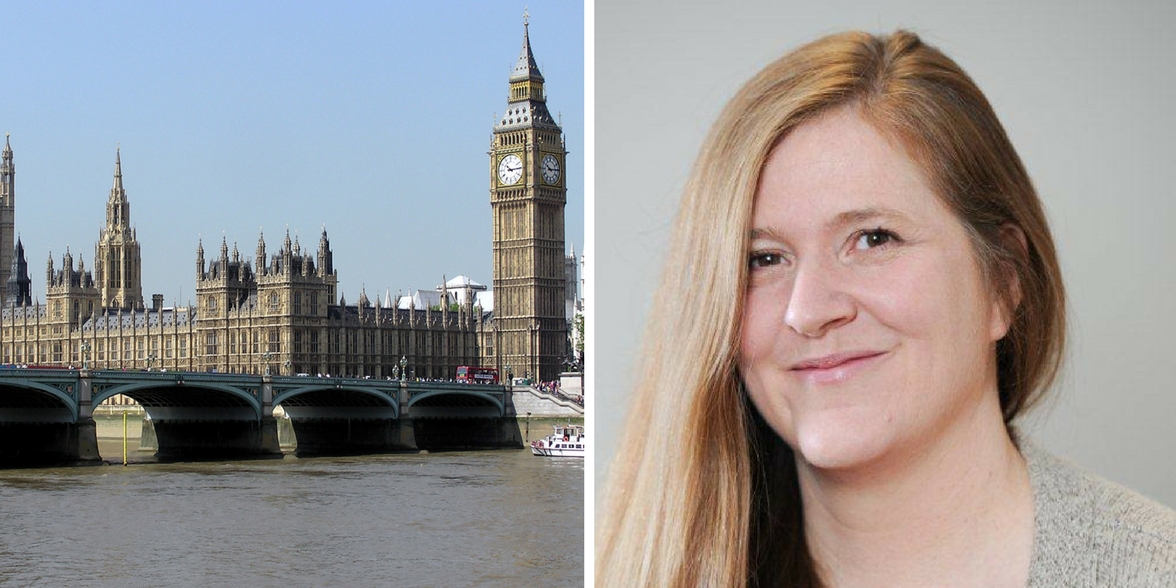Government needs to hear young voices when drafting new Domestic Violence Bill
Date 21.07.2017
21.07.2017
Children living in households dominated by domestic violence are victims and not witnesses a University of Northampton expert told policy leaders at the House of Commons.
Professor of Psychology Dr Jane Callaghan spoke at the All Party Parliamentary Group (APPG) on Domestic Violence yesterday as part of discussions as the government prepares a new Domestic Violence Bill.
She explained that the government need to consider the voices and experiences of young people when drafting the Bill.
The new Bill will include a clear definition of the crime in law and establish a Domestic Violence and Abuse Commissioner to better represent victims and survivors and to hold statutory organisations accountable for progress.
Speakers included Jess Phillips, MP for Birmingham Yardley (Lab) who is the chair of the APPG, Sarah Newton MP the Parliamentary Under Secretary of State for Vulnerability, Safeguarding and Countering Extremism, Katie Ghose the CEO of Women’s Aid, Priya Chopra from Saheli Asian Women’s Project and Jo Todd, CEO of domestic violence charity Respect.
Dr Callaghan is course leader for the University of Northampton’s Masters in Child and Adolescent Mental Health. Her interests include the study of violence, childhood and family life and she sits as the Chair for the British Psychological Society’s East Midlands branch.
A recognised voice in the field of domestic violence studies, her expert opinion at the APPG today comes ahead of her latest academic article into the issue.
Looking into interviews with 0-18 year olds who live in violent homes across Europe, she concludes that children and young people who witness abuse in the home should not be seen as passive or additional members of domestic violence. They are articulate and strategic thinkers and use a variety of coping mechanisms, such as choosing when to stay quiet and finding ‘safe spaces’ for themselves and/or other siblings.
Talking about her findings and the planned Bill, Dr Callaghan said: “Children who grow up in households blighted by domestic abuse can experience mental health problems, drop-out of education and can face many social and psychological problems that can stay with them for life.
“As these young people are victims in every sense of the word, we must make sure future legislation takes account of them and the impact domestic violence can wreak. My research shows that by heeding children’s views and including them, the new Domestic Bill will protect them and secure them a more positive future.”
Dr Callaghan’s research article The Management of Disclosure in Children and Young People’s Accounts of Domestic Violence: Practices of Telling, and Not Telling will be published in the Journal of Child and Family Studies in August.